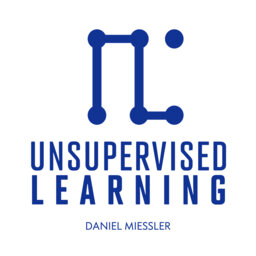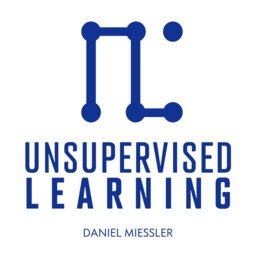A Conversation with Mike Privette from Return on Security
In this conversation, I speak with Mike Privette. Mike is the CISO and Cybersecurity Economist at Return on Security.
We discuss:
- The economic impact of COVID-19, the shift from prioritizing growth to operational efficiency, and the subsequent market crash and rebound in 2024.
- The rise of AI in application security, the importance of trust and safety, and the potential for AI to enhance personal digital sovereignty.
-The changing dynamics of startups, venture capital, and private equity in the cybersecurity space.
Among many other topics.
Introduction and Guest Welcome (00:00)
Return on Security's audience (01:53)
Economic trends in cybersecurity & COVID-19 (05:59)
Shift towards operational efficiency in cybersecurity companies (09:39)
Current cybersecurity trends and rebound effects (13:23)
Application Security and AI (15:05)
The Evolution of AI Security Companies (16:09)
Trust and Safety in Cybersecurity & Discussing Deepfake videos (17:03)
Validation of Ground Truth (19:18)
Personal and corporate security from AI (20:31)
Continuous Defender and AI Filtering (21:31)
Validation of True Content to combat misinformation (23:23)
AI for News Reports and Corporate Communications (26:16)
The Future of AI Security (27:11)
The trend of personal digital sovereignty (31:03)
Private equity vs. VC vs. startups (33:36)
Operational efficiency and the future of startups (36:29)
Cybersecurity industry trends and data science (43:36)
The Universal Dashboard concept (45:15)
Sharing knowledge and connections (45:42)
Check Out Return on Security (45:58)
 Unsupervised Learning
Unsupervised Learning


